The 11 Healthiest Vegetables You Can Eat
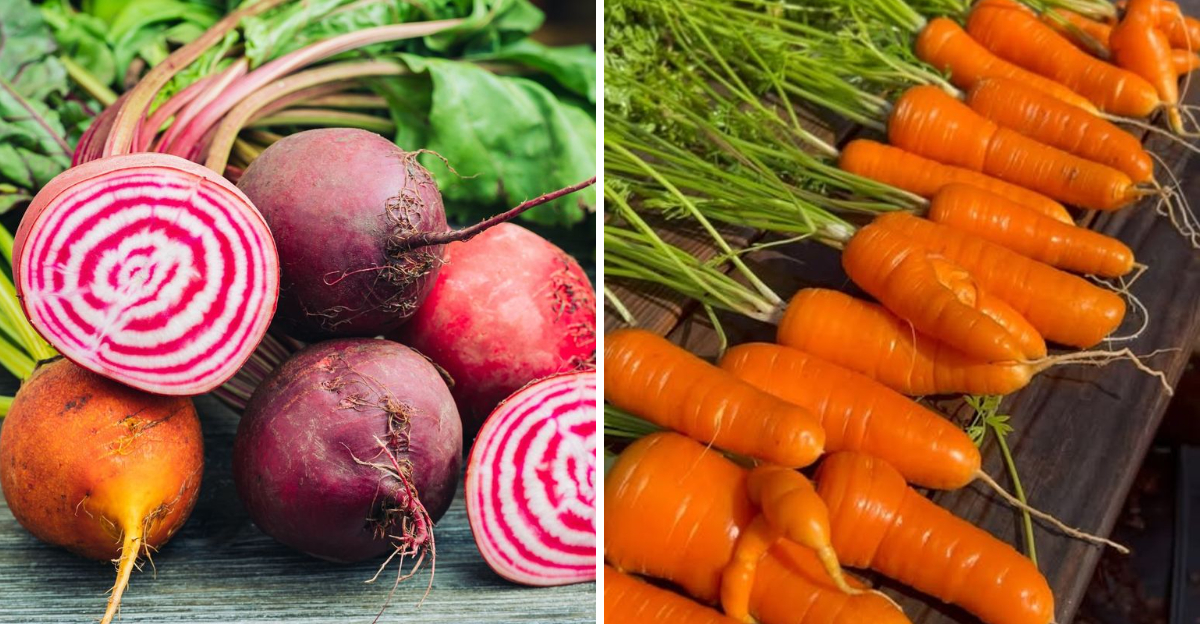
Vegetables are a powerhouse of nutrition, offering a range of vitamins, minerals, and antioxidants that are vital for maintaining good health. Incorporating a variety of colorful vegetables into your diet can help boost your immune system, improve digestion, and reduce the risk of chronic diseases. In this blog post, we explore the 11 healthiest vegetables you can add to your meals, each brimming with unique health benefits.
1. Spinach
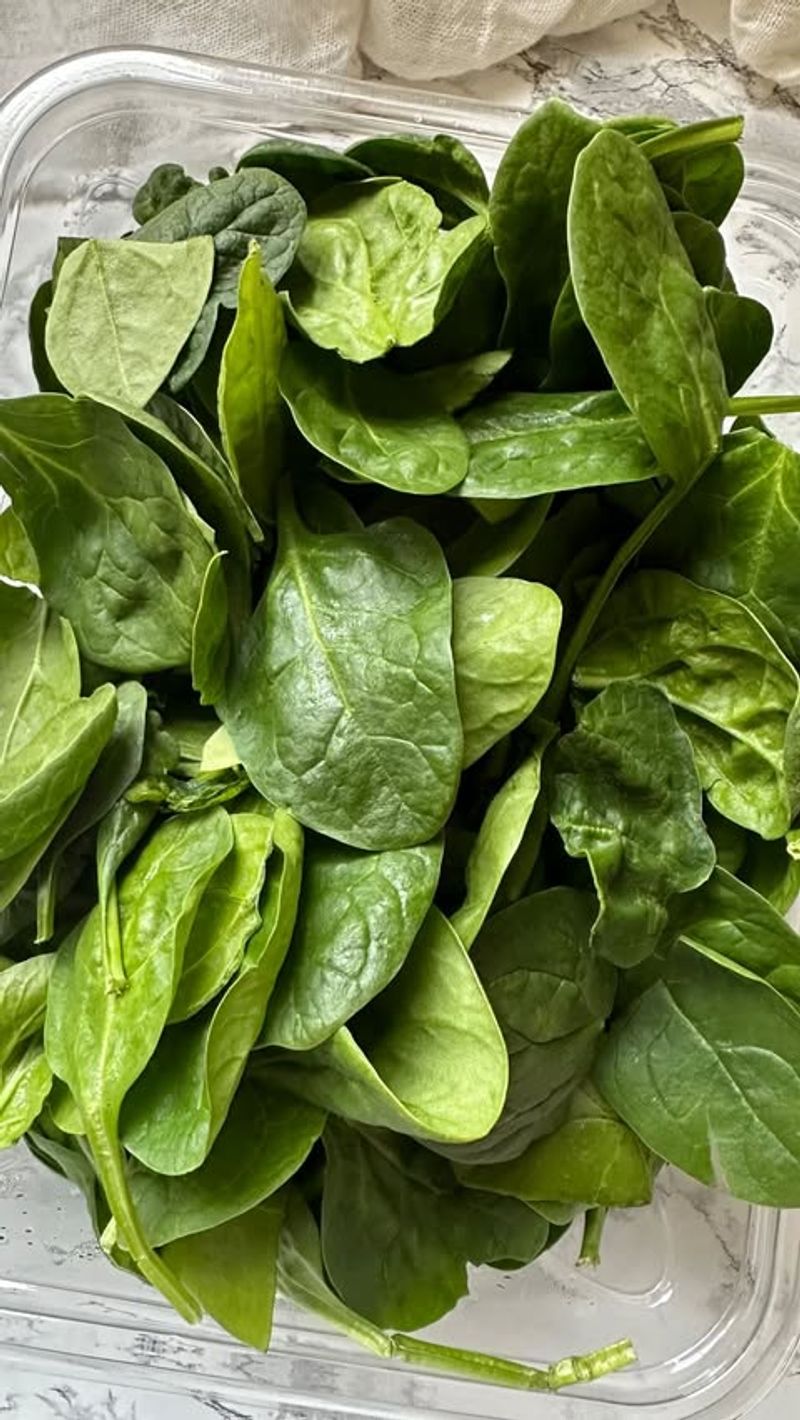
Spinach is a leafy green vegetable packed with nutrients like vitamins A, C, and K, as well as folate and iron. It supports eye health and can boost immunity.
Adding spinach to your diet can help improve blood circulation and reduce oxidative stress. You can enjoy it raw in salads or cooked in a variety of dishes.
For a quick and healthy meal, try sautéing spinach with garlic and olive oil. Keep in mind that fresh spinach is more nutrient-dense compared to frozen or canned varieties.
2. Kale
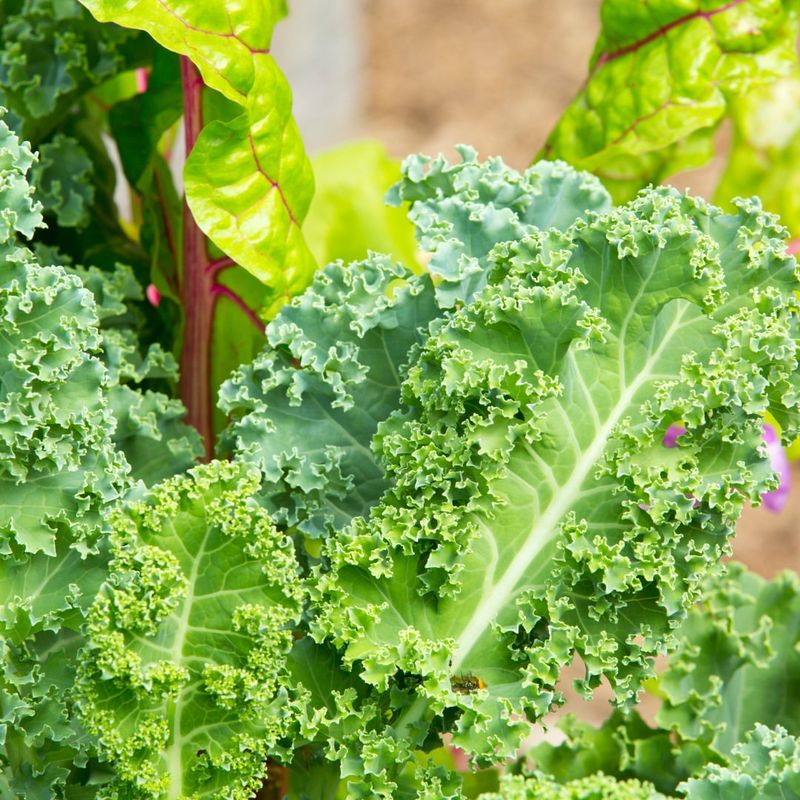
Kale is a leafy green that is exceptionally high in vitamins A, K, and C. It’s known for its role in supporting heart health and bone strength.
This sturdy green can withstand cooking, making it versatile for soups and stews. Try blending it into smoothies for an extra nutrient boost.
Kale contains antioxidants like quercetin, which can help reduce inflammation. With its slightly bitter taste, it’s a perfect addition to salads with sweet dressings or roasted in the oven for a crunchy snack.
3. Broccoli
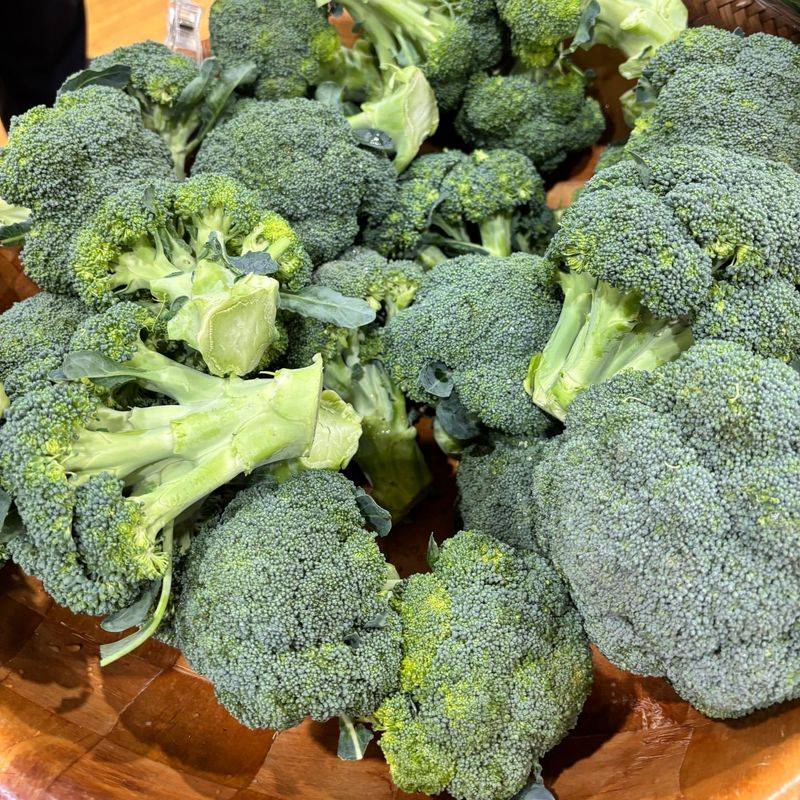
Broccoli is a cruciferous vegetable that provides fiber, vitamin C, and folate. It’s praised for its potential cancer-fighting properties thanks to compounds like sulforaphane.
Steaming broccoli retains most of its nutrients, making it a healthy side dish. Its crunchy texture and mildly sweet flavor pair well with a variety of meals.
Broccoli’s high fiber content supports digestive health. Feeling adventurous? Try adding broccoli to your pasta dishes or blend it into soups for a smooth, nutritious base.
4. Brussels Sprouts

These mini cabbages are rich in vitamins C and K, fiber, and antioxidants. Brussels sprouts may reduce inflammation and improve bone health.
Roasting Brussels sprouts enhances their natural sweetness and nuttiness. They make a wonderful addition to roasted vegetable medleys.
When preparing, try tossing them in olive oil and balsamic vinegar for added flavor. Whether you love them or hate them, there’s no denying Brussels sprouts offer a hefty dose of essential nutrients.
5. Carrots
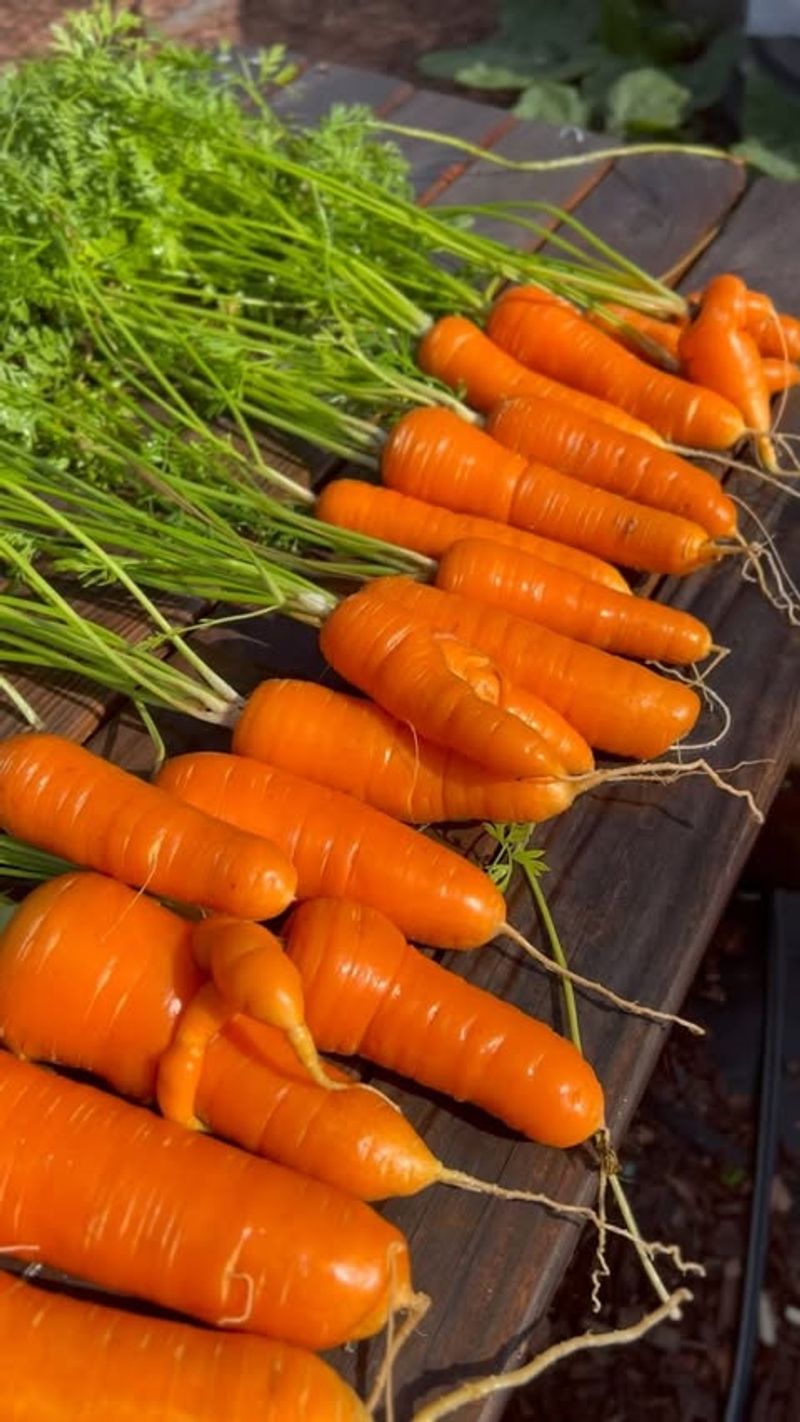
Carrots are renowned for their high beta-carotene content, which your body converts into vitamin A. This supports good vision and immune function.
They’re also a good source of fiber and vitamin K. You can enjoy carrots raw, roasted, or added to soups for a touch of sweetness.
For a healthy snack, try dipping raw carrot sticks into hummus or yogurt-based dips. Regular consumption of carrots may help lower cholesterol levels and improve heart health.
6. Sweet Potatoes
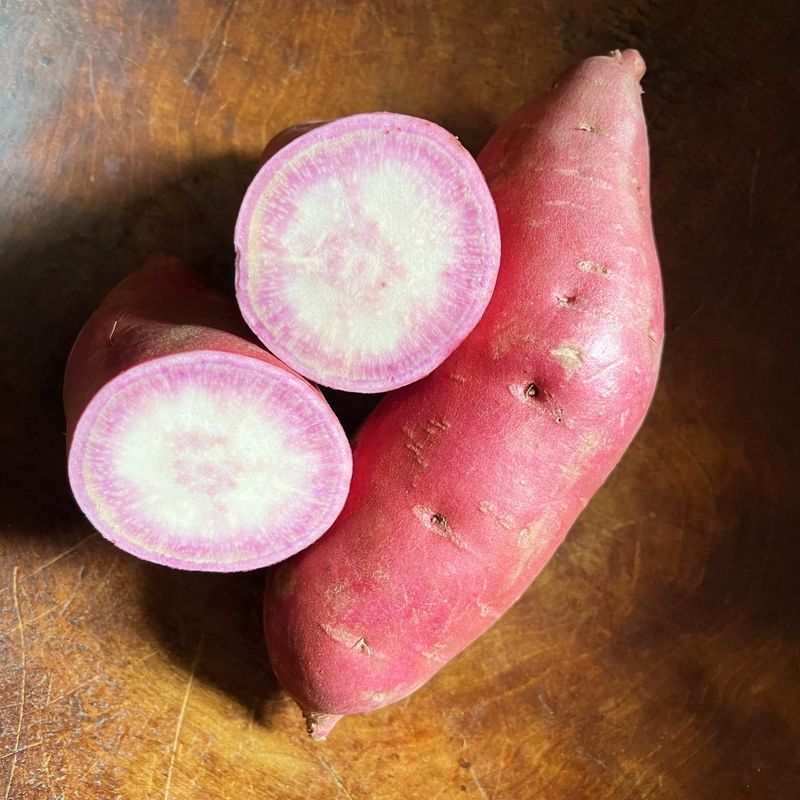
Sweet potatoes are a nutritious root vegetable rich in fiber, vitamins A and C, and potassium. They’re known for their ability to improve gut health and support vision.
You can bake, mash, or roast sweet potatoes. Their natural sweetness makes them a delicious alternative to white potatoes.
Try topping baked sweet potatoes with cinnamon and a drizzle of honey for a simple dessert. With their versatile nature and vibrant color, sweet potatoes are a delightful addition to any meal.
7. Bell Peppers
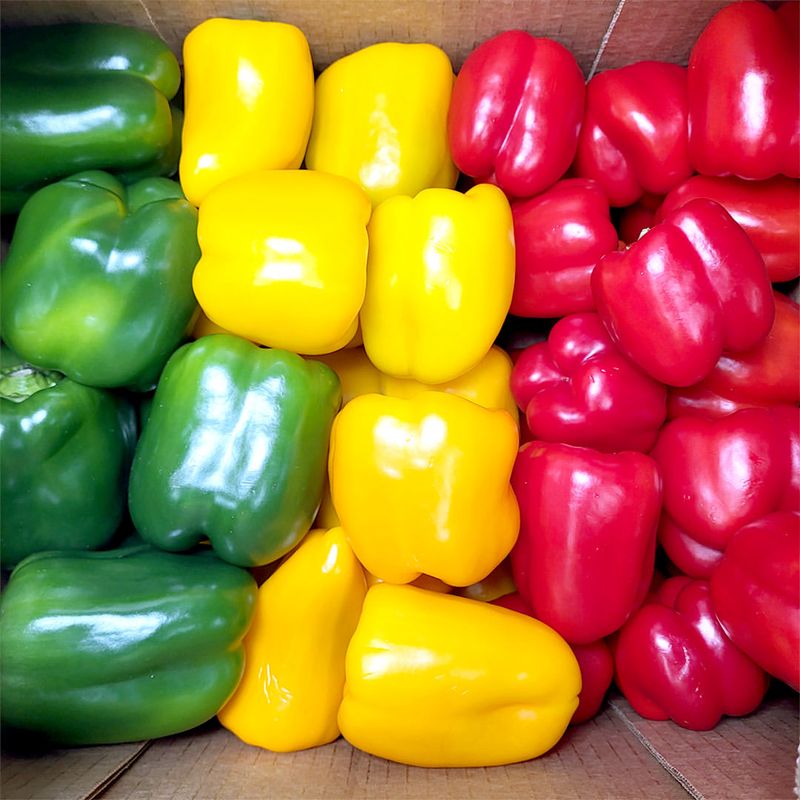
Bell peppers are vibrant vegetables filled with vitamins A and C, and powerful antioxidants. Red peppers, in particular, are high in lycopene, which may reduce cancer risk.
Their sweet and crunchy texture makes them perfect for snacking or adding to stir-fries. Bell peppers add a pop of color and nutrients to any dish.
Consider roasting them to enhance their sweetness or enjoy them raw in salads for a refreshing crunch. Bell peppers are not only nutritious but also incredibly versatile in the kitchen.
8. Garlic

Garlic is a flavorful bulb celebrated for its medicinal properties. It’s packed with vitamins C and B6, and antioxidants like allicin, which may boost immune function.
Incorporating garlic into your meals can lower blood pressure and cholesterol levels. Use it to enhance the flavor of various dishes.
For best results, crush or chop garlic and let it sit for a few minutes before cooking. This activates enzymes that boost its health benefits. Garlic’s pungent aroma and robust taste make it a staple in many cuisines.
9. Beets
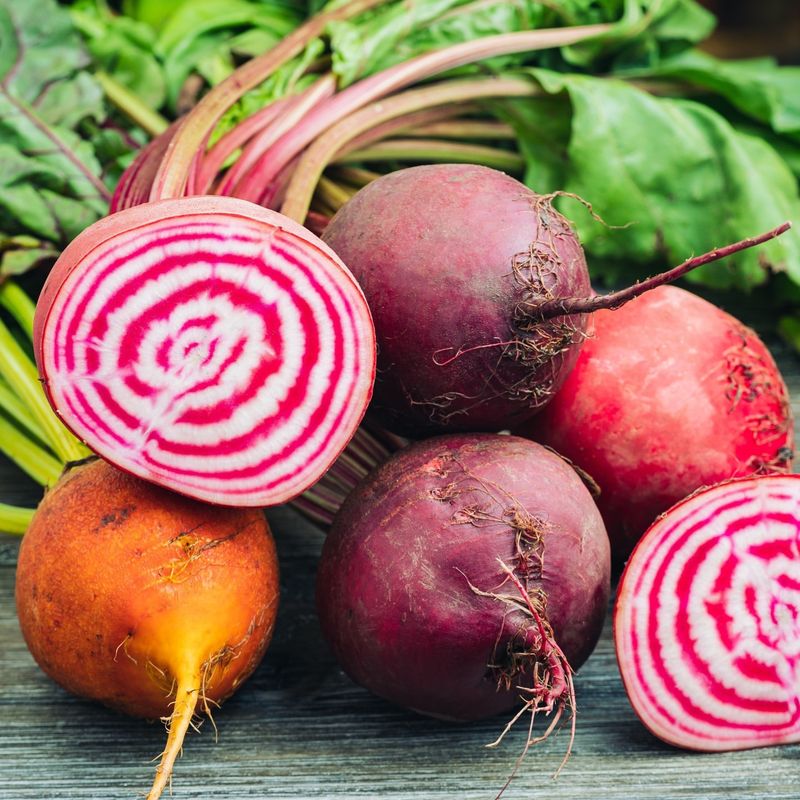
Beets are a root vegetable known for their vibrant color and unique earthy flavor. They’re rich in fiber, folate, and manganese, supporting heart health and brain function.
Beets can be roasted, boiled, or grated raw into salads. Their natural sweetness pairs well with citrus flavors.
Drinking beet juice may enhance athletic performance by improving oxygen use. Whether roasted or blended, beets are a nutritious addition to your diet, offering both flavor and health benefits.
10. Asparagus

Asparagus is a spring vegetable that offers a wealth of vitamins K and C, and folate. It acts as a natural diuretic, helping the body get rid of excess salt and fluid.
Asparagus is delicious when grilled or roasted, bringing out its natural sweetness. It’s a great accompaniment to any main dish.
Adding asparagus to your meals can support digestive health due to its high fiber content. Enjoy it with a simple squeeze of lemon juice for a refreshing side dish.
11. Cabbage
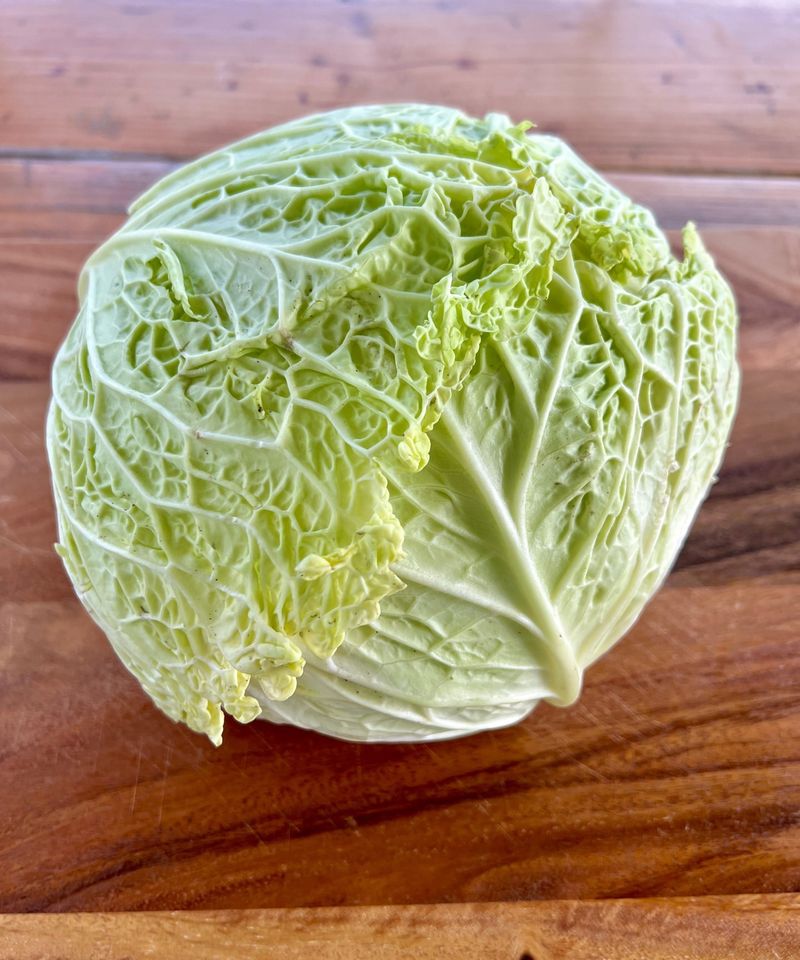
Cabbage is a leafy vegetable packed with vitamin C, fiber, and essential minerals. It’s known for its potential to support digestive health and reduce inflammation.
You can enjoy cabbage raw in slaws, fermented in sauerkraut, or cooked in soups. It’s a low-calorie vegetable that adds volume and nutrients to meals.
For an Asian twist, try stir-frying cabbage with soy sauce and sesame oil. With its crisp texture and mild taste, cabbage is a versatile vegetable that complements a variety of flavors.
